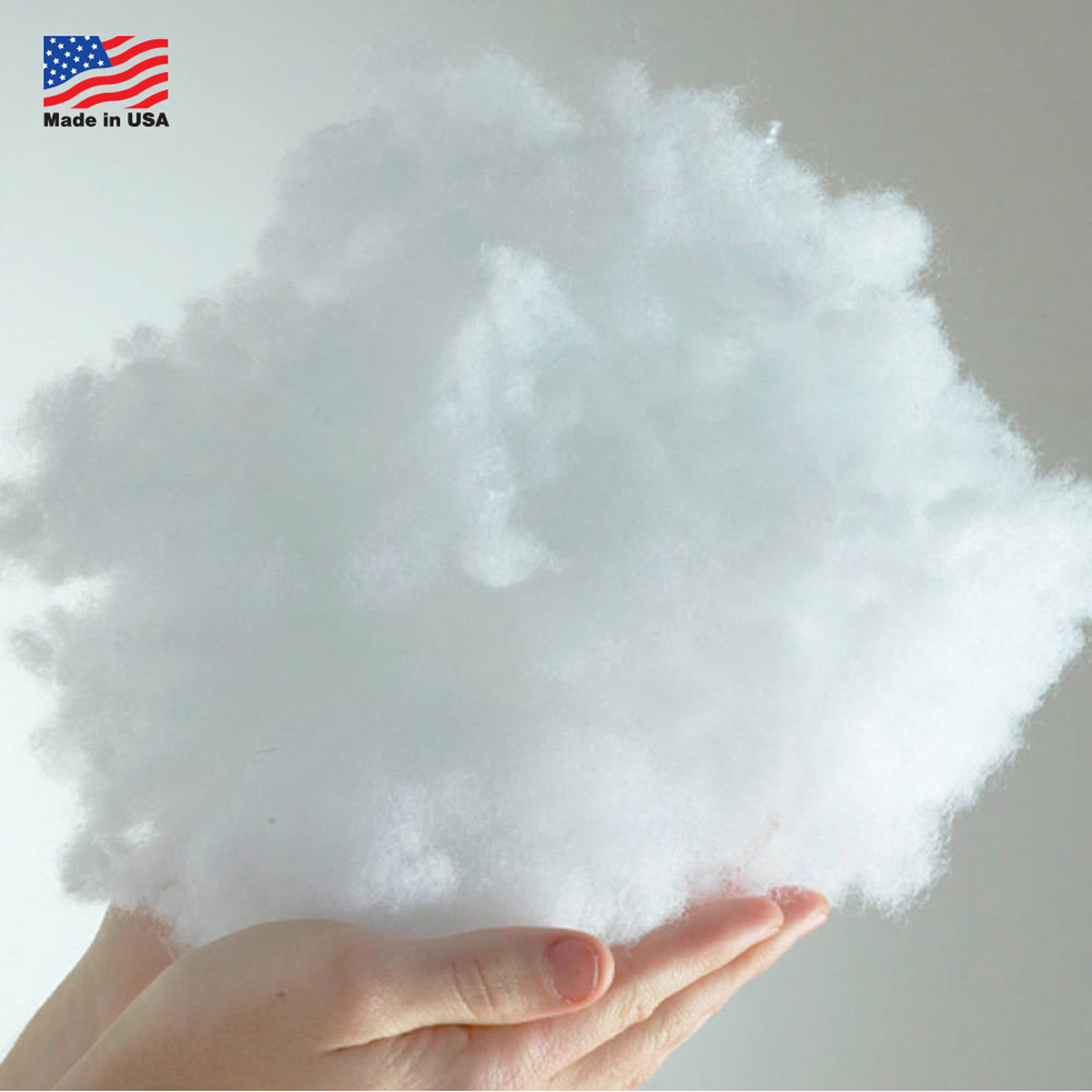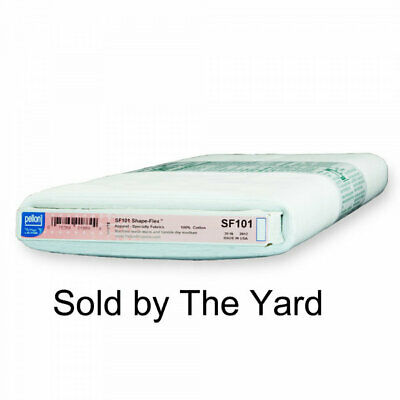-40%
Wool Quilt Batting by the Yard
$ 35.87
- Description
- Size Guide
Description
PRODUCT INFORMATIONSold by the yard -
Although not organic, World Class Wool has many of the same attributes, including a high standard of cleanliness, loft and resiliency. No chemicals, pesticides or herbicides have been used in the processing of this wool. World Class Wool is imported from Wool harvested from the most premiere places in the world including South America, Australia, New Zealand and Europe. Hand-picked, the growers have met the highest standards.
Wool is warm, but breathable, so it's great for bed quilts. It's super-soft and drapes beautifully. Wool has an open loft (1"). It also provides really great stitch definition, so people who are quilting to enter shows will often use wool in their pieces to really showcase their stitching. Another great feature of wool is that it springs back, so it resists creases and folds. This is another factor that makes it ideal for show quilts, since those are always getting folded and shipped somewhere. Wool is extremely long-lasting and can bend thousands of times without losing form. It's water resistant - moisture is wicked to the inner surface of wool fibers which allows it to feel dry even while holding 30% of its weight in water. Wool is also temperature-regulating, completely natural, and 100% bio-degradable. Wool can also naturally pass flame tests used in the bedding industry without the addition of chemical flame retardants. It resists mildew and mold, and wool bedding reduces and discourages dust mites.
Processing:
After the wool is purchased it goes to a cleaning facility, or scouring plant. At the scouring plant, the wool is washed according to special requests which include using a specific soap that is known to be the mildest, most biodegradable soap available. In addition, the scour train is slowed so that the wool is more thoroughly cleaned and rinsed. T
he wool is carefully inspected to be sure that it meets the highest standards. It is then dried and baled to ship for garneting and processing. Each bale is tested before leaving the facility to make sure it meets standards.
Customer Reviews
COMPANY INFORMATION
Our founding dates back to a
5th generation family cotton
farm in the Northwest Texas county of Lubbock. In 1991, this farm became
one of the first certified organic farms in the country
.
Organic Cotton Plus became a sister company of the farm, using the farm's organic cotton to create 100% certified fabrics for individuals and small businesses. We shipped these bales to be contract-spun into yarn, then woven into fabric, and finished with just a natural scour wash. We ended up with
beautiful 100% organic fabric ready to ship
to all the small businesses and individuals that needed it. Today, through production both in the US and overseas, we have increased our line of fabrics to include knits, eco-dyed fabrics, notions, and much more. In addition, we became the
first fabric retailer in the U.S. to be fully GOTS-certified
right through packing in our warehouse.
From finding ways to weave and knit new organic fabrics, to sourcing notions like coconut buttons and colorful ribbons, crafting and manufacturing projects are what drive us every day. With low prices, maintaining a huge (and growing!) selection, and making sure we have the best certification and eco-credentials in the industry,
we couldn’t be happier coming to work each day knowing that our customers are making the world a cleaner and healthier place with each purchase
.
RETURN POLICY
At Organic Cotton Plus it is our goal to ensure that every customer is a happy and satisfied customer!
Returns are accepted up to 30 days from receipt. Please check your order immediately. If your order arrives damaged, please contact us immediately and we will replace the damaged goods in a timely manner. If you prefer to be refunded, then after the damaged goods have been returned by you and received by our warehouse a credit will be promptly applied to your account.
WHY ORGANIC?
ORGANIC
CONVENTIONAL
s
eed preparation:
Natural, untreated GMO free
seeds.
Typically treated with
fungicides
or
insecticides
. Possible GMOs.
soil preparation:
Healthy soil
through crop rotation. Retains moisture in soil from increased
organic matter
.
Synthetic
fertilizers, loss of soil due to mono- crop culture,
intensive irrigation
.
weed control:
Healthy soil
creates
natural balance
. Beneficial insects and trap crops used.
Aerial spraying of
insecticides
and
pesticides
. Nine of the most commonly used pesticides are known
cancer-causing
agents.
harvesting:
Natural defoliation
from freezing temperatures or through the use of water management.
Defoliation induced with
toxic chemicals
.
production:
Warp fibers stabilized using double-plying or
nontoxic
cornstarch.
Warp fibers stabilized using
toxic waxes
.
whitening:
Safe
peroxide is used.
Chlorine bleaching
creates
toxic by-products
, which are released into the environment.
finishing:
Soft scour
in warm water with soda ash, for a pH of 7.5 to 8.
Hot water, synthetic surfactants, additional
chemicals (sometimes formaldehyde)
.
dyeing:
Low-impact fiber-reactive
or
natural
dyes with low metal and sulfur content.
High temperature containing
heavy metals
and
sulfur
.
printing:
Low-impact, water-based
inks and/or pigments with no heavy metals.
Pigments may be
petroleum
based and contain
heavy metals
. Run-off spills into waterways,
polluting streams
.
fair trade:
Social criteria
in place to ensure
safe, healthy, non-abusive, nondiscriminatory
environment with
living wages
.
No social screening. Possible child or
forced labor
used. Facilities may be
unsafe
and
unhealthy
.
marketing:
Positive story
can be told to
differentiate
you from your competitors.
None. As awareness of organic advantage expands, increased potential for
negative image
.
price:
Initial cost more expensive. Long-term advantages:
priceless
.
Initially cheaper. Long-term impact on environment:
devastating
.










